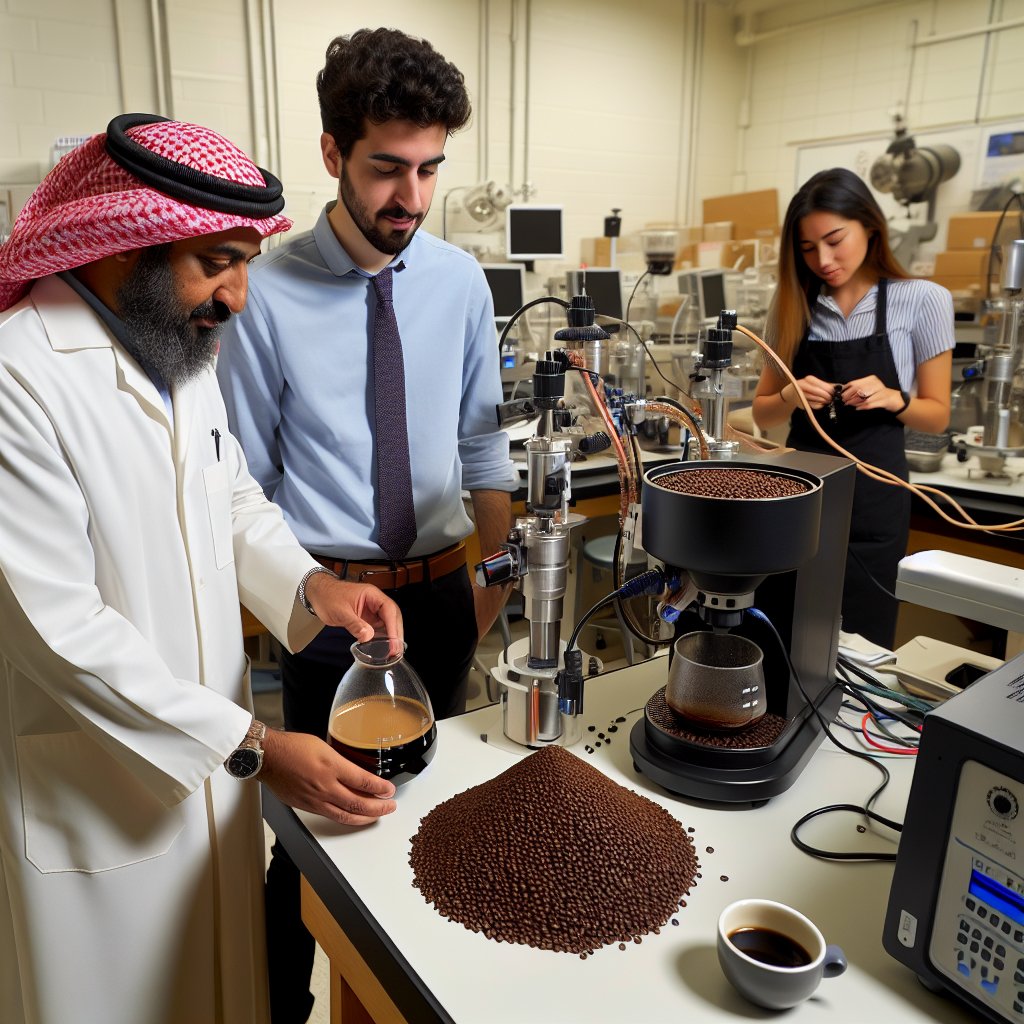Content created by AI
The Secret to a Superior Brew: University of Oregon Study Validates Water-Enhanced Coffee Grinding Technique
Researchers at the University of Oregon have provided scientific backing to a practice cherished by coffee aficionados: adding a small amount of water to coffee beans before grinding can improve the quality of the final brew. The study, led by computational materials chemistry associate professor Christopher Hendon, delved into the technique both as a means to reduce the mess from static in the grinding process and as a potential enhancer of coffee flavor.
Static electricity has long been a bane to baristas and home coffee enthusiasts alike. It results from the friction generated as beans are pulverized, causing the fine particles to fly away uncontrollably—much like what happens when rubbing a balloon on one's hair. This mess is not just inconvenient; it also impacts the efficiency of brewing.
The "Ross droplet" technique relies on the simple application of water to overcome this static problem. With just the right amount of moisture, the electric charges on the coffee particles are neutralized, preventing them from repelling one another and sticking to surfaces such as the grinder or counter. This reduces cleanup time and sets the stage for a better-tasting coffee.
The clumping of coffee grounds is problematic because it leads to a less efficient extraction process during brewing. Good extraction is essential for a flavorful cup, as it defines how much of the coffee's oils and compounds- responsible for taste and aroma- get dissolved in water. If grounds are unevenly wetted, the result is lesser extraction and a potentially inconsistent and less flavorful drink.
Hendon and his team used a highly sensitive instrumentation setup, similar to those used by volcanologists studying electric charges on ash particles, to determine how adding water affects the grinding process. The findings were clear: even a single droplet could optimize the coffee grounds for a better brewing outcome.
The research points out that this method could increase extraction yield by up to 10%, though the precise amount of water necessary may vary depending on factors such as the type of coffee bean roast and the grind's coarseness.
The implications of this study are particularly relevant for espresso and filter coffee. For brewing methods like the French press or AeroPress, where the grounds are coarser, there is no significant benefit, as the water typically comes into contact with all the coffee surfaces.
Coffee professionals like Lance Hedrick and François Knopes have taken an interest in the study's findings, conducting their own experiments and weighing in on its practical application in both home and commercial settings. While some, like Knopes, find the process more applicable at home due to the time constraints in a professional environment, Hedrick believes the study adds value to the ongoing exploration of improving coffee grinding and brewing technologies.
The study not only validates the "Ross droplet" technique's effectiveness but it also sets the stage for the development of new grinding technologies that could integrate this method for a more refined taste profile.










